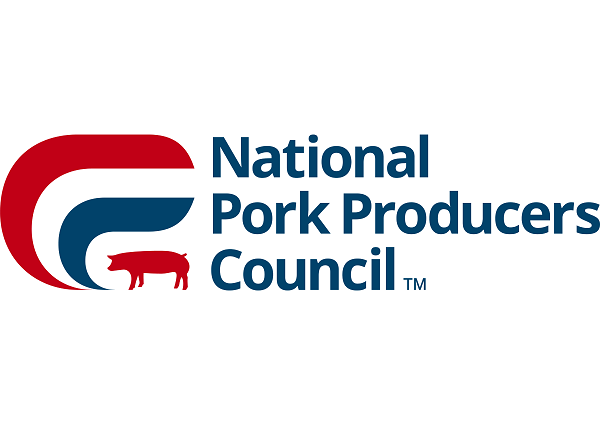
The recently unveiled Farm Bill, led by Senate Agriculture, Forestry, and Nutrition Committee Chairwoman Debbie Stabenow (D-MI), has drawn sharp criticism from the National Pork Producers Council (NPPC) for its failure to address the challenges posed by California’s Proposition 12. This controversial law, which took effect on January 1, 2024, bans the sale of pork, veal, and eggs in California unless the animals are raised in housing that meets the state’s specific standards—regardless of where the animals are located.
No Fix for Prop. 12 in Senate Democrats’ Proposal
Unlike the bipartisan Farm Bill from the House Agriculture Committee and the Senate Republicans’ Farm Bill framework, Chairwoman Stabenow’s “Rural Prosperity and Food Security Act” does not include a solution for the issues created by Prop. 12. The law has already led to increased pork prices in California, where consumers account for nearly 15% of all pork sold in the United States.
NPPC’s Stand on Prop. 12
The NPPC, which has been opposing Prop. 12 for the past five years, expressed disappointment in the bill’s omission. The organization has been actively collaborating with lawmakers to find a solution to prevent a “50-state patchwork” of conflicting farm production regulations.
“Congress must address Prop. 12 to avoid a scenario where other states follow California’s lead and impose their own farm production standards on producers outside their borders,” said the NPPC.
Why Prop. 12 Matters
Prop. 12 creates a significant challenge for pork producers across the country. Without a legislative fix, producers must either comply with California’s stringent housing standards or forgo access to a market of 40 million people. The ripple effects of this law could escalate further if other states adopt similar restrictive measures, threatening nationwide supply chains and driving up costs for consumers.
Industry Implications
The exclusion of a Prop. 12 solution in the Senate Democrats’ Farm Bill underscores the importance of a bipartisan approach to agricultural policy. Pork producers, already grappling with high input costs and market uncertainties, are concerned about the potential long-term effects of the law on their operations.
Looking Ahead
The NPPC continues to advocate for Congress to include measures in the Farm Bill that would address the challenges posed by Prop. 12. As legislative discussions progress, pork producers and industry stakeholders will be watching closely to ensure their concerns are heard and acted upon.
Stay tuned to Swine Web for updates on the Farm Bill and its impact on the pork industry.





